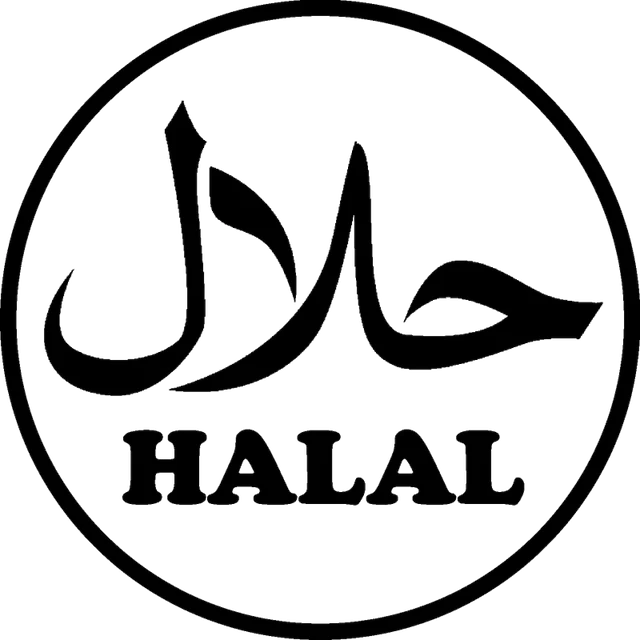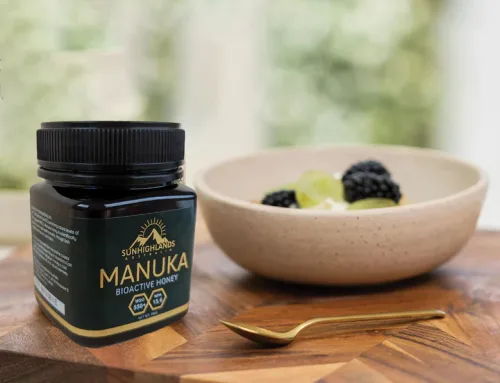In the UK, the demand for halal-certified products is increasing, especially within the Muslim community. With a growing interest in ensuring that food and services meet Islamic guidelines, halal certification has become an essential process. But what exactly is halal certification, and why is it so important? This article will explain everything you need to know about halal certifications in the UK, including what they involve and how they impact food choices.
What is Halal Certification?
Halal certification refers to the process by which food, drinks, and other products are verified to meet the standards set by Islamic law. Halal is an Arabic term meaning “permissible” or “lawful.” For food to be considered halal, it must meet strict guidelines that govern how the ingredients are sourced, processed, and prepared. These guidelines are based on the teachings of the Qur’an and Hadith, which outline what is permissible for Muslims to consume.
Why is Halal Certification Important?
Halal certification is essential for Muslims who follow dietary laws as part of their faith. Consuming halal food ensures that they are adhering to religious principles. Additionally, halal certification provides peace of mind to those who are particular about the ingredients and the preparation methods used in food production. Many businesses also opt for halal certification to cater to the growing demand for halal products, even among non-Muslim customers who prefer the ethical and quality standards associated with halal food.
How Halal Certification Works in the UK
In the UK, halal certification is typically carried out by accredited organizations or certification bodies. These organizations inspect businesses, conduct audits, and ensure that they comply with halal requirements. They review the sourcing of ingredients, the methods of food preparation, and even the cleaning processes in place to prevent cross-contamination with non-halal items.
Certification bodies also conduct regular inspections and audits to ensure ongoing compliance. Some of the well-known halal certification bodies in the UK include the Halal Food Authority (HFA), the Muslim Food Board (MFB), and the Islamic Food and Nutrition Council of America (IFANCA), which also operates in the UK.
Key Requirements for Halal Certification
There are several key requirements that businesses must meet to obtain halal certification in the UK. These include:
- Ingredient Sourcing: All ingredients used in the food product must be halal. This means avoiding ingredients derived from prohibited sources, such as pork or alcohol.
- Slaughtering Process: If the food product contains meat, it must come from an animal that has been slaughtered in accordance with Islamic law. This includes the proper invocation of prayers during the slaughter process and ensuring that the animal is slaughtered humanely.
- Preparation and Storage: Halal food must be prepared, processed, and stored separately from non-halal products to avoid contamination. This includes using separate utensils and cooking equipment.
- Inspection and Certification: Once the business meets these requirements, it can apply for certification from a halal certification body. The certification body will conduct an inspection and issue a halal certificate if the business complies with all the necessary standards.
- Ongoing Compliance: Businesses must maintain halal standards, and certification bodies will perform regular checks to ensure that the processes remain in place.
Benefits of Halal Certification
For consumers, halal certification provides confidence that the products they are purchasing adhere to religious guidelines. For businesses, halal certification can open up new markets. Many restaurants, supermarkets, and food manufacturers are increasingly seeking halal certification to meet the demands of Muslim consumers and diversify their offerings.
The Growing Demand for Halal Products
The demand for halal products in the UK is on the rise, driven not only by the Muslim population but also by ethical and health-conscious consumers. Halal certification is becoming an important part of the food industry, with halal offerings extending beyond just meat products. Halal-certified products now include beverages, snacks, cosmetics, and even pharmaceuticals.
Halal Certification in Restaurants and Takeaways
Many restaurants and takeaways in the UK are now opting for halal certification to cater to a diverse customer base. Halal-certified restaurants follow strict guidelines to ensure that their food is prepared according to halal principles. This includes ensuring that the meat they serve is slaughtered properly and that their kitchen practices prevent cross-contamination with non-halal ingredients.
Some restaurants may not be fully halal-certified but may offer halal options for their customers. In these cases, it’s important to ask the restaurant about their halal practices and the certification of their ingredients.
Challenges with Halal Certification
While halal certification is growing in popularity, it also comes with its challenges. One of the main issues is ensuring transparency and consistency. As the demand for halal products rises, so does the risk of fraudulent certification or misleading claims. It’s essential for consumers to verify the certification of the products they buy and for businesses to work with reputable certification bodies.
Another challenge is the cost and effort required for halal certification. For businesses, meeting halal requirements can be an investment in time, money, and resources. However, the long-term benefits of accessing a growing market of consumers can make it worthwhile.
How to Find Halal-Certified Products in the UK
If you’re looking for halal-certified products in the UK, many supermarkets and specialty stores now offer a wide range of halal foods. Look for packaging that displays the halal certification logo from a recognized body. Many businesses also have halal options clearly marked on their menus or product listings.
Additionally, online halal stores have become popular, providing a variety of certified products that can be delivered straight to your door. Websites that specialize in halal food and products offer everything from meats to grocery items and personal care products.
For more information visit Website
Conclusion
Halal certification plays a crucial role in the UK, offering Muslim consumers the assurance that the products they buy meet Islamic dietary standards. For businesses, it presents an opportunity to tap into an ever-growing market and cater to a diverse customer base. With growing demand and increasing awareness, halal certification will continue to be an important factor in the UK’s food and retail sectors.
Whether you are a consumer looking for halal-certified products or a business interested in obtaining halal certification, understanding the requirements and benefits can help you make informed decisions.







Leave A Comment